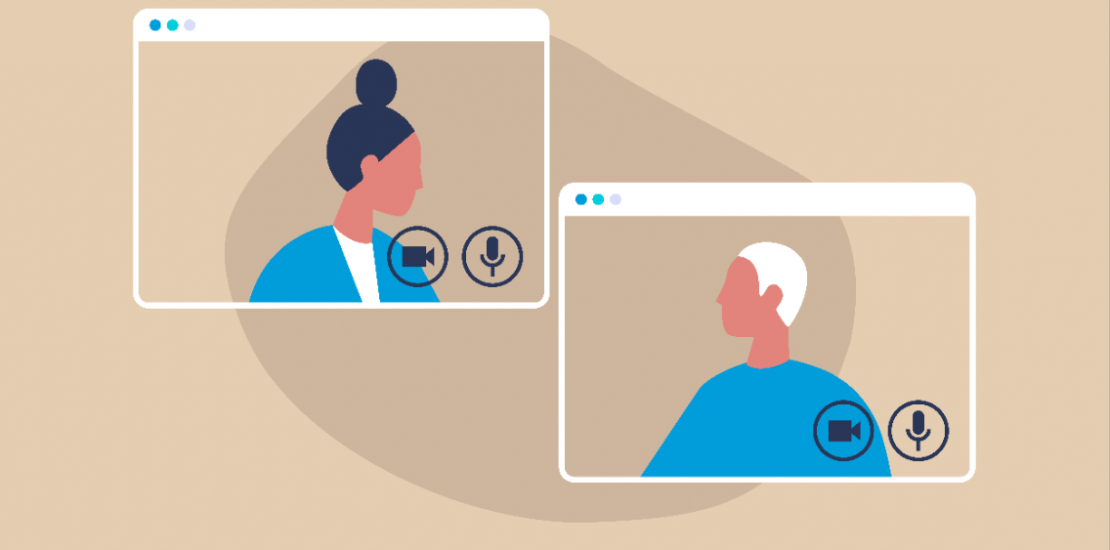- May 30, 2020

It goes without saying that life has changed for all of us in recent months. Dining rooms have transformed into ‘the office’ during the day and the location for catch-ups and weekly quizzes in the evening. Where there have previously been physical barriers between our work and home life, these lines have become blurred and I’ve lost count of the times that I’ve heard this way of life will become ‘our new normal’.
YouGov reported that ‘more than four in ten (42%) say they are having to work from home all the time, and another 12% now work from home some of the time.’
So, now that these physical barriers are crumbling and virtual collaboration is on the rise, what can we learn from the changes in our social environments that might come in handy when effectively managing our own teams, as well as the relationships that we have with our clients?
Many people have said they are catching up with family and friends virtually, much more often now than they ever did before. Generally, the topic of conversation has become more inquisitive in regards to mental health and how we are really doing, as opposed to the ‘not bad thanks, you?’ of the past.
There is no reason why this approach shouldn’t be extended to the people that we engage with the most – our work colleagues. In a study undertaken in April this year by Anurag Papolu from The Conversation, 70% of 2,032 adults in 2020 met the criteria for moderate to serious mental illness, compared with 22% in 2018. More than ever before, the need to ensure that individuals feel involved and part of the team, regardless of their roles and responsibilities, is essential. Maybe now that the physical divisions are no longer there, an effort should be made to loosen the psychological divisions between ‘the manager’ and ‘the team’.
Just like you would in your social circles, being empathetic towards people’s personal situations and allowing for flexibility could be extremely beneficial in improving team productivity and supporting their work/life balance.
Something that we consistently aim to implement is the drive for active management and development of short interval controls. Whilst these are both extremely valuable from an operational performance perspective, they are also advantageous in that they provide a springboard for more meaningful conversations with your team.
By showing generosity and a genuine concern for how others are getting on, rather than just asking for asking’s sake, the authenticity will become clear to both your team and your clients, allowing for more constructive conversations with better outcomes for them and the business.
Being receptive to what resonates with staff and clients, and exercising the same empathy that we would around our friends and family, brings a more human touch to communication, despite the predominantly digital infrastructure.
As consultants, a relationship building mindset is ingrained within us and our social environments are constantly impacting the way in which we support our clients and colleagues. Even long after the effects of Covid-19 have eased, we need to ensure that the empathy and solidarity that we are showing now is carried forward.
